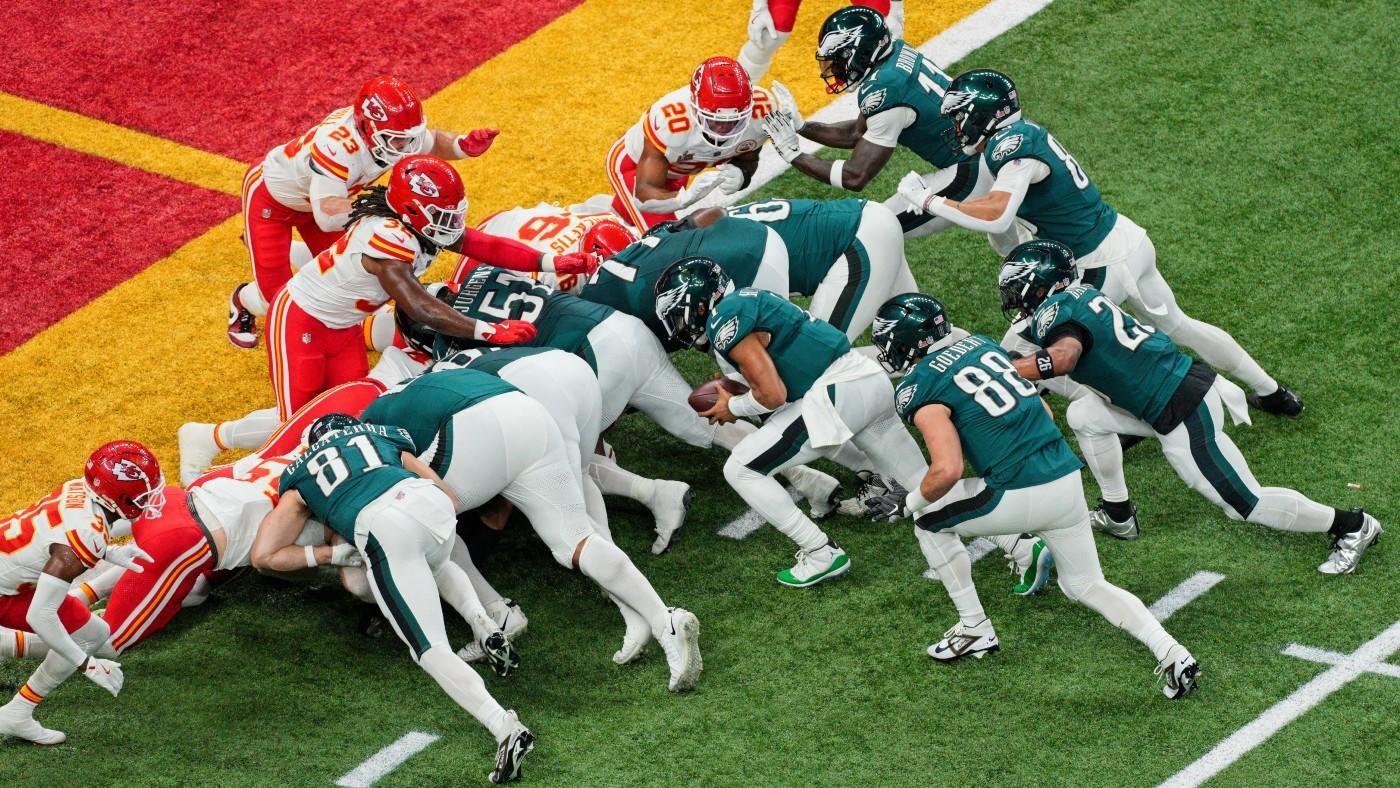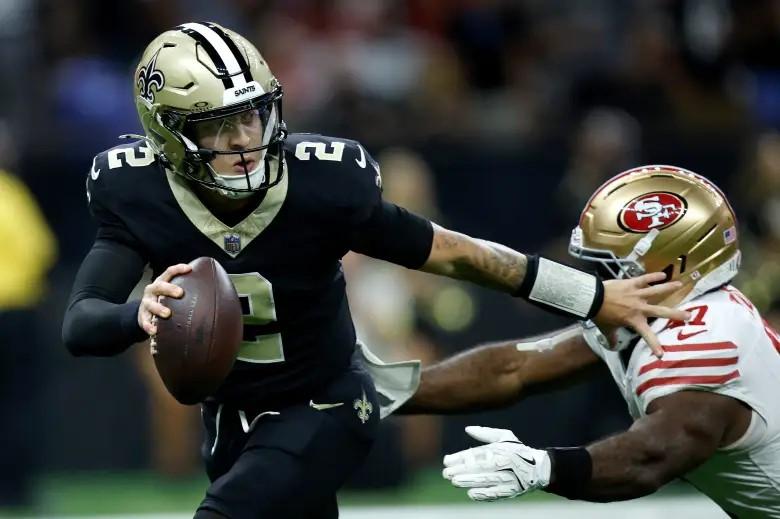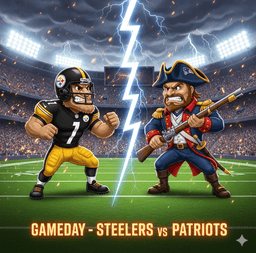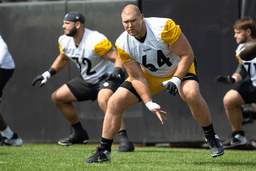Is The Tush Push As Dangerous And Unsightly As Banning It Would Be?
Every NFL season has its debates. This one, once again, revolves around the Eagles’ infamous “Tush Push” — the short-yardage quarterback sneak that has become both unstoppable and controversial. Critics claim it’s “dangerous,” “ugly,” and “unfair.” But is banning it really the answer, or are we just watching one team outsmart the system?
ESPN’s recent feature on the topic reignited the fire: Should a play be outlawed just because one team executes it too well?
What Makes the Tush Push So Polarizing?

The "Tush Push" — or as some call it, the “Brotherly Shove” — is a variation of the QB sneak where the Eagles line up low, tight, and literally push Jalen Hurts forward with brute force. The results? A 93% success rate on 3rd/4th-and-short situations.
What frustrates other teams is that they can’t replicate it. Hurts' 330-lb squat strength, plus Jason Kelce and Lane Johnson up front, create an unstoppable wedge. So when it works for Philly and fails for others, the cries for regulation start to sound more like resentment than genuine safety concerns.
Is It Really That Dangerous?
Let’s be honest: football is inherently violent. But the Tush Push has no higher injury rate than other short-yardage plays. In fact, many NFL insiders have noted it may even be safer than shotgun handoffs or toss plays, where defenders generate more open-field collisions.
“The real danger is the league caving to bad optics rather than football reality,” one NFC scout said.
Moreover, the Eagles run it clean. There’s no deceptive motion, no low blocks, and no dirty hits. Just raw power and technique.
If It’s Ugly, Why Do Fans Love It?

There’s a certain poetry in dominance. Eagles fans don’t see the play as boring — they see it as a symbol of identity. It represents control, trust in the O-line, and the mental toughness of Hurts.
And from a fantasy football sleepers or NFL Super Bowl odds perspective, the Tush Push provides something few other plays do: guaranteed yards in critical moments.
In a league where analytics matter, any team would kill for a 90% success rate in short yardage. That’s why some critics aren’t asking for the Tush Push to be banned — they’re asking their own coaches to figure out how to copy it.
So What Now?
The NFL Competition Committee hasn’t moved to ban the play… yet. But whispers remain, and if Philly wins another title with it front-and-center, expect the debate to intensify.
But here’s the truth: Banning the Tush Push doesn’t make the league safer. It just penalizes innovation.
More to Read:
-
Fantasy Football Sleepers 2025: Will Jalen Hurts Be Even More Valuable in Goal Line?
NFL Super Bowl Odds Update: How the Eagles’ Short-Yardage Edge Affects Bettors
Best NFL Betting Apps with Boosted Odds for QB TDs
Top 5 Most Controversial Plays in NFL History – Where Does Tush Push Rank?
Behind the Play: How Jason Kelce’s Technique Drives the Eagles’ Sneak Success












